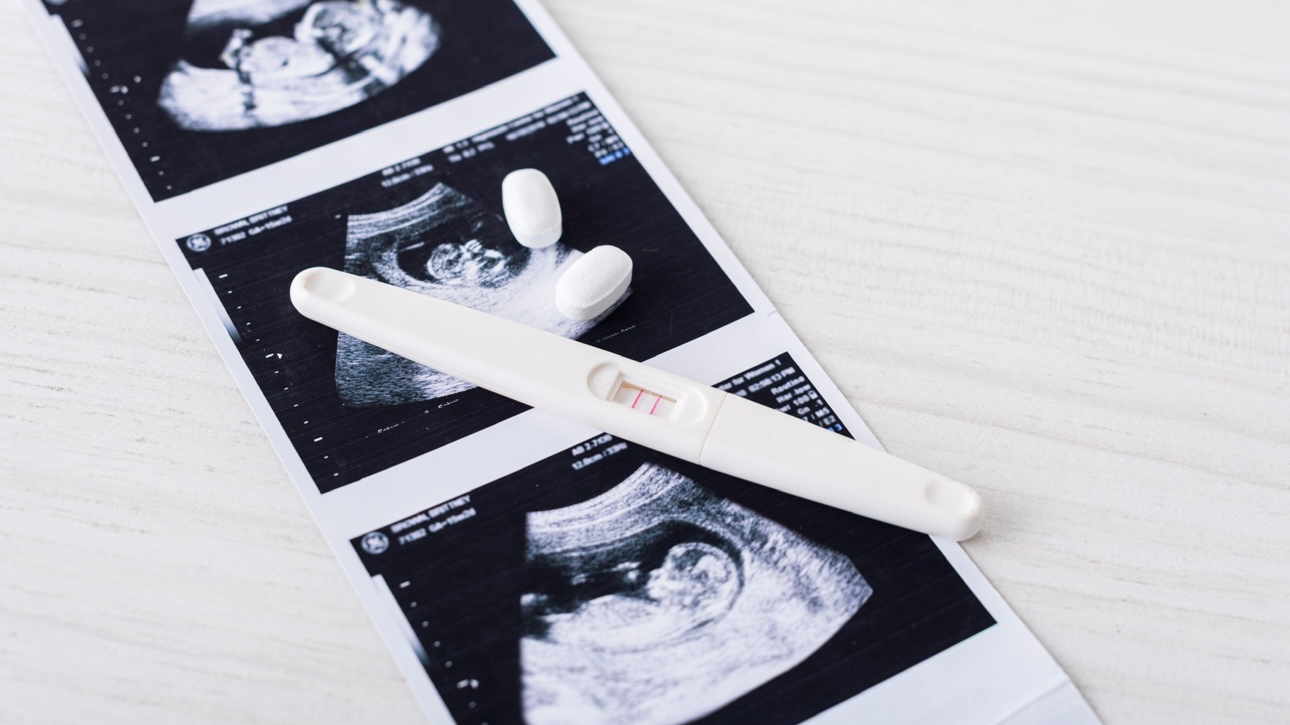Pregnancy Test in the Morning vs. Night: Does Timing Really Matter?
Taking a pregnancy test can be one of the most nerve-wracking experiences. Whether you’re anxiously hoping for a positive or dreading the possibility, you probably want the most accurate result possible. And then comes the big question: Is it better to take a pregnancy test in the morning or at night?
If you’ve found yourself staring at a box of tests wondering whether to wait for morning or just take it now, this guide is for you. Let’s break down the science, the myths, and the practical tips to help you get the most accurate result—day or night.
How Do Pregnancy Tests Work?
First, let’s cover the basics. Pregnancy tests detect a hormone called human chorionic gonadotropin (hCG) in your urine. Your body starts producing hCG after a fertilized egg implants in the uterus, which usually happens about 6–12 days after ovulation.
• The role of hCG: This hormone signals your body to maintain the pregnancy.
When Timing Doesn’t Matter
In some situations, it’s okay to test at any time of the day:
1. Testing After a Missed Period
If it’s been several days since your missed period, your hCG levels are likely high enough to be detected regardless of when you test. At this stage, even diluted urine should give an accurate result.
2. Using High-Sensitivity Tests on
Some pregnancy tests can detect hCG levels as low as 6.5 mIU/mL (microunits per milliliter). These tests, often marketed as “early detection,” are designed to work well at any time of the day.
3. Testing Twice
If you test at night and get a negative result but suspect you’re pregnant, try again the next morning. False negatives can happen, especially with diluted urine or if you’re testing too early.
Tips for Accurate Pregnancy Testing
No matter when you test, follow these tips for the most reliable results:
1. Follow the Instructions
This may seem obvious, but each test is slightly different. Make sure you read the instructions for how long to wait before reading the result and how to interpret faint lines.
2. Wait Until Your Missed Period
While early testing is tempting, waiting until the day of your missed period (or later) will give you the most accurate result.
3. Don’t Drink Excessive Fluids Before Testing
Whether you’re testing in the morning or at night, avoid drinking a lot of water right before taking the test. Diluted urine can lead to false negatives.
4. Use a High-Sensitivity Test
If you’re testing early or at night, choose a test designed for early detection. Brands like First Response and Clearblue often perform better in these situations.
5. Confirm with a Blood Test
If you’re getting mixed results or faint lines, a blood test at your doctor’s office can confirm whether you’re pregnant.
Common Questions About Pregnancy Testing
1. Can I trust a faint line?
A faint line usually means you’re pregnant, but it might be early, and hCG levels are still low. Retest in a day or two for confirmation.
2. How soon can I test after ovulation?
Most tests recommend waiting until at least 10–14 days after ovulation for accurate results. Testing too early can lead to false negatives.
3. Can medications affect the results?
Fertility medications containing hCG (like trigger shots) can cause false positives. Always consult your doctor if you’re undergoing fertility treatments.
The Verdict: Morning or Night?
So, when’s the best time to take a pregnancy test? Morning wins for early testing, thanks to higher urine concentration and increased accuracy. However, if you’re a few days past your missed period or using a high-sensitivity test, nighttime testing can still give reliable results.
The key is to manage your expectations and follow up with a second test (or a blood test) if you’re unsure. Remember, whether you’re testing at dawn or dusk, you’re taking an important step toward clarity—and hopefully, good news!










